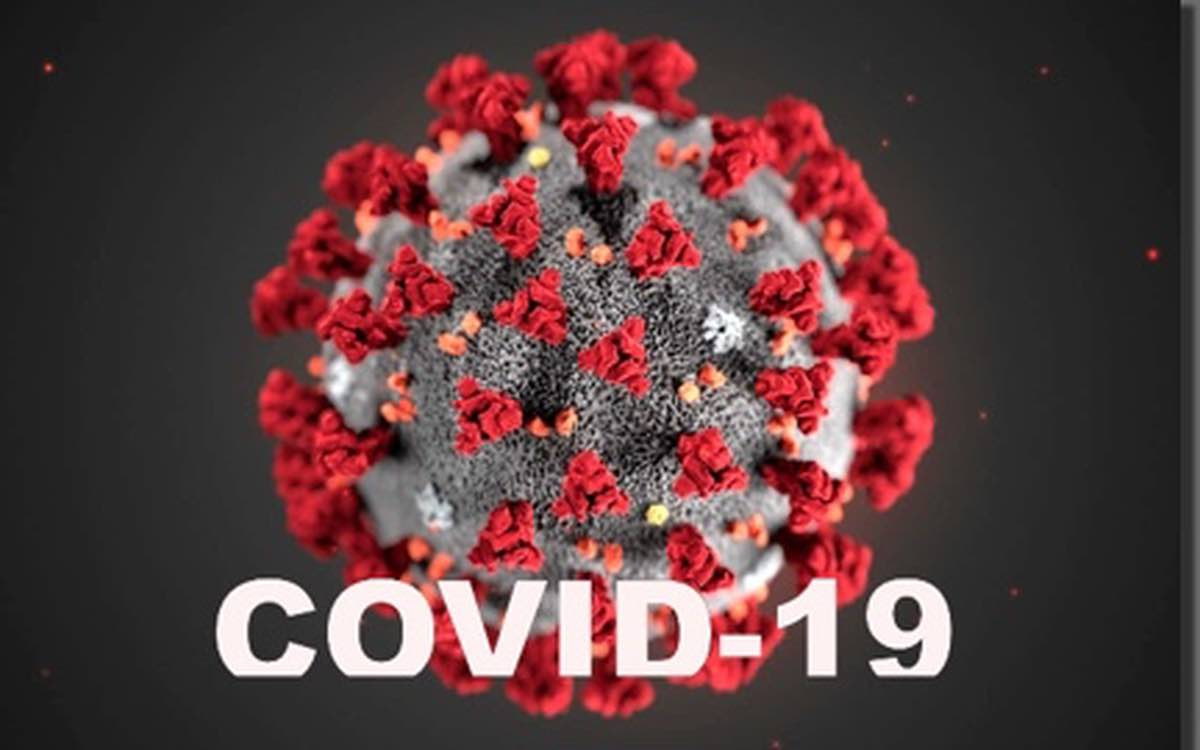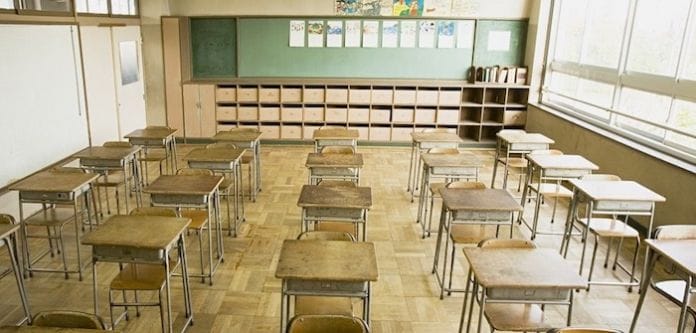
Racial disparities in the U.S. pandemic are well-documented among adults. Blacks and Latinos have been hit the hardest by COVID-19. A new study reported by WebMD suggests that the same is true of minority kids.
And to keep things in perspective, it is important to note, as lead researcher Dr. Monika Goyal, said: “[T]hose adults also live with children.”
At one community testing site, according to the study, “nearly half of Hispanic children and teens were positive for SARS-CoV-2, the virus that causes COVID-19. The same was true of 30% of Black kids.”
These numbers are grossly disproportionate to the percentages Blacks and Latinos represent in the nation’s population. The rate among white kids is around 7%.
The study’s findings were published online in the Aug. 5 issue of Pediatrics.
While there are no identifiably conclusive reasons for the disparities, several possibilities have emerged from the research. Dr. Lawrence Kleinman, a pediatrician and chief of population health, quality and implementation science at Rutgers Robert Wood Johnson Medical School in New Brunswick, N.J., said, “The virus doesn’t discriminate — it’s the social conditions.”
Possibly responsible conditions are: many Black and Hispanic Americans are essential workers and cannot stay at home; they are more reliant on public transportation; and they often live in crowded housing, which can fuel COVID-19 transmission among family members. Access to health care and coronavirus testing also factor in to this disparity.
Whatever the responsible conditions, the disparities happen. They are real, and with schools around the nation set to reopen this month, they beg the question: If Black and Latino children are more likely to be positive for the coronavirus, does that mean the schools that serve them will be riskier places for every student who attends?
Klienman notes that “[w]e started out with this myth that children are somehow exempted from COVID. But while kids are much less likely to fall seriously ill than adults are, it does happen — and, Kleinman said, they do spread the disease. They also die.



